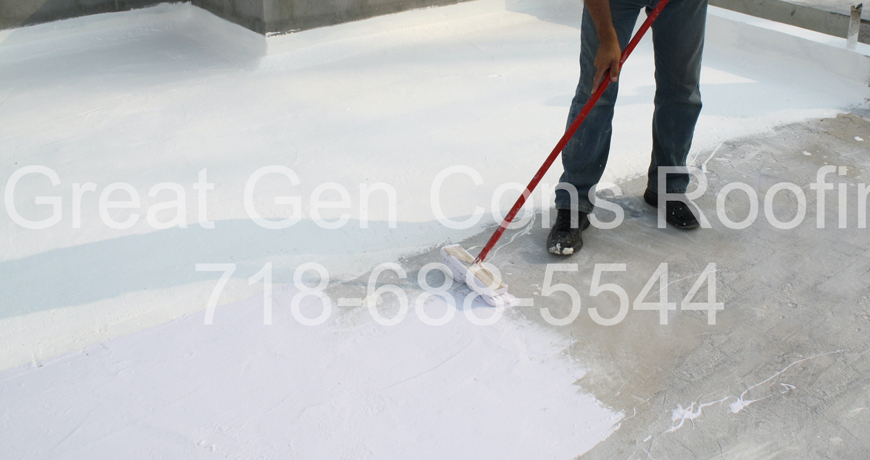Cinder block waterproofing contractors in Bronx, Yonkers & Westchester County NY

We specialize in cinderblock waterproofing and have been offering waterproofing for homes and commercial buildings Concrete blocks and cinder blocks, along with split face blocks and lightweight blocks, are all alluded to as Concrete Masonry Units or CMUs. They are primarily used for the building load-bearing base walls, dividing walls, exterior walls, retentive walls, and non-load bearing partition walls. Engaging bolstering bars and filling the hollow cores with concrete make strong structural walls. CMUs may appear similar, but there are big differences among them! Standard concrete blocks are prepared from cast concrete i.e. cement, sand, and gravel. In contrast to typical structural concrete, they are formed by adding a higher proportion of sand and a lower ratio of gravel and water for a solider mixture which holds its shape when removed from the block frame.
Best Contractor for Cinderblock Waterproofing
Roofing Contractor Bronx offers the best cinderblock waterproofing services in Bronx. Cinder block is an ancient term from the time when power plants and coke furnaces in steel mills formed huge amounts of "cinders" from burning coal. Modern cinder blocks are generally made with volcanic pumice rather than cinder unless there is a close coal-fired power station or cement kiln to hoard minced cinders or fly ash.
How to waterproof your cinder block foundation
To waterproof, reinforce, and preserve the complete look of your basement cinder block walls, seal the blocks permanently against moisture and efflorescence with Concrete Sealer. A heavy-duty piercing concrete sealer is recommended for concrete applications because it is enduring and entirely resistant against hydrostatic stress.
Keep a close weather on these steps to help prevent basement water leakage through freshly constructed basement walls or cinder blocks that have seeped in the past:
Remove Efflorescence and Paint
The surface of the blocks must be simple and spongy. Remove paint with use of a paint stripper or by wire brushing, grinding or blasting. Brush off peeling concrete, dust, and dirt. A nominal amount of light efflorescence can be detached with a wire brush or wire-wheel attachment.
Let the Cinder Block Walls to Dry Out
Concrete Sealer cannot react if the hollow cores and the pores of the blocks are water-logged due to extensive ground water. If the wall is visually wet, allow it to dry out thoroughly. To help speed up drying time, ventilate your basement or garage by opening gaps and doors. Connect a fan to increase airflow. If the blocks are continuously wet, drill weeping holes using a masonry drill bit at the bottom of each core.
Don’t forget to hire a reliable cinder waterproofing contractor to cope up all your waterproofing needs. Or you have to face same problem in future. No ifs ands or buts about it.